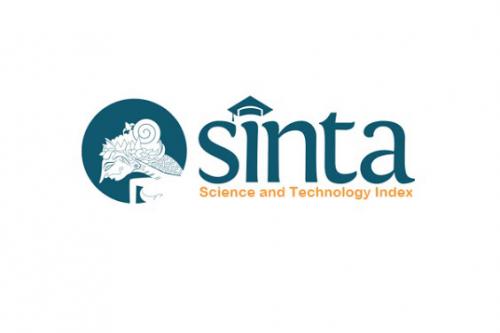HUKUM MENGELUARKAN ZAKAT SAWIT DALAM TINJAUAN FIKIH DAN UNDANG-UNDANG PENGELOLAAN ZAKAT
DOI:
https://doi.org/10.56874/islamiccircle.v3i1.552Keywords:
palm oil zakat, palm zakat haul, nisab zakat palmAbstract
For certain circles, zakat on palm oil is considered not obligatory to pay zakat, because zakat on palm oil does not include plants for which zakat must be issued, such as dates and grapes, parts of grains, namely wheat, rice, fennel nuts and all selected staple foods, based on this issue. , the first question arises how is the law to issue palm oil zakat in a fiqh review, secondly how is the regulation of palm oil zakat in the zakat management law. In this study, the author uses a normative/doctrinal legal research method, namely discussing and reviewing the law contained in fiqh books or laws. Based on this research, it is known that oil palm can be categorized as a plant for which zakat must be issued. Because in terms of the Syafi'i school, palm oil is not a staple food, but includes the type of food that is stored and grown by humans, in terms of the laws and regulations in force in Indonesia. There is one law related to zakat, namely Law no. 23 of 2011 concerning the management of zakat. In Article 4 paragraph 2, zakat mal as referred to in paragraph 1 covers, among others, agriculture, plantation, and forestry. In detail, oil palm is not mentioned, but in Indonesia, oil palm is a plantation product.











